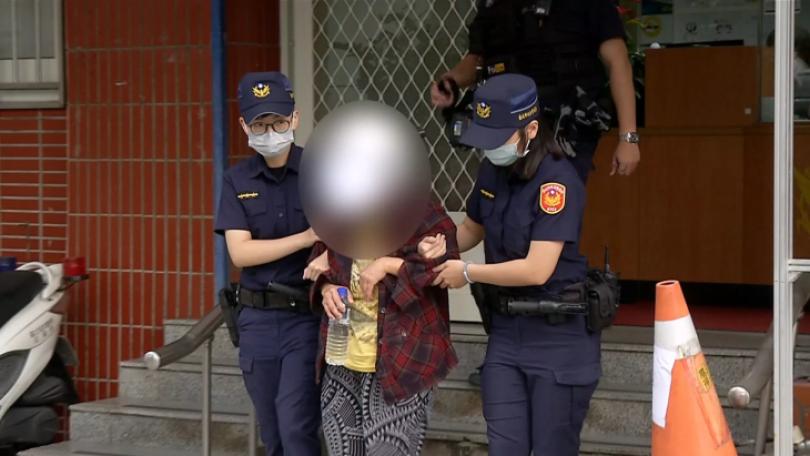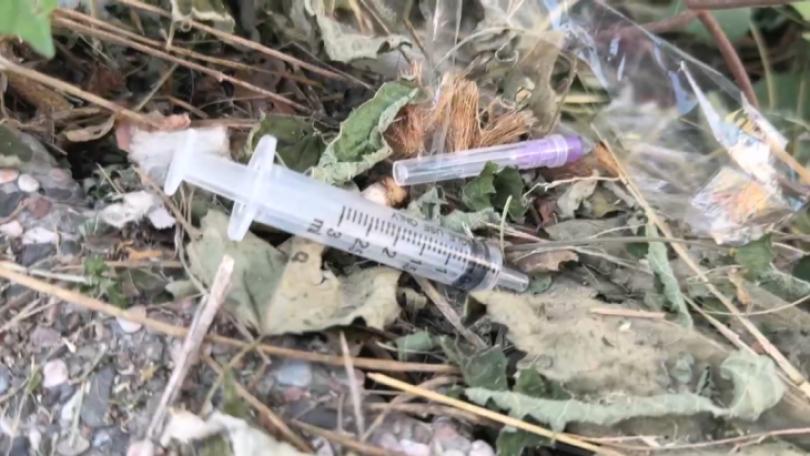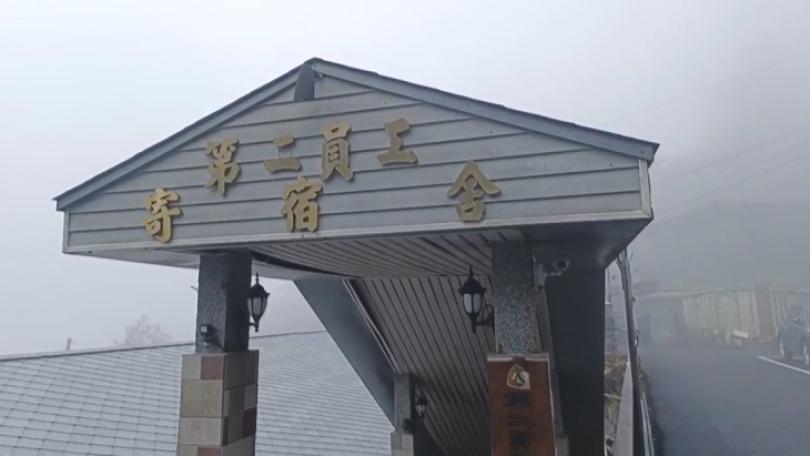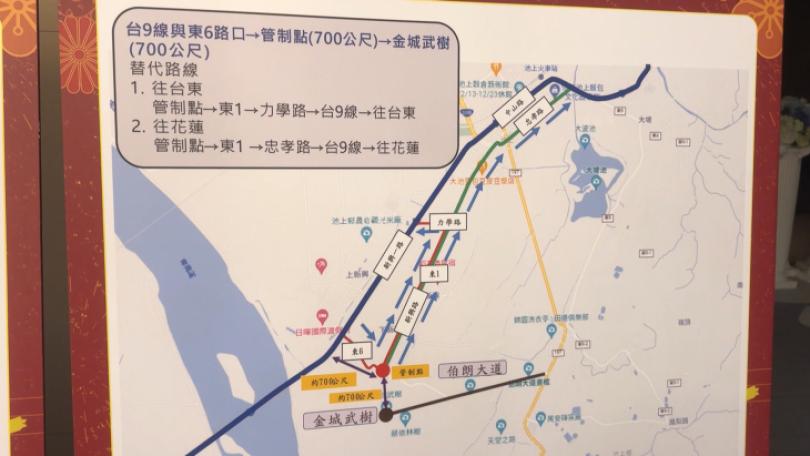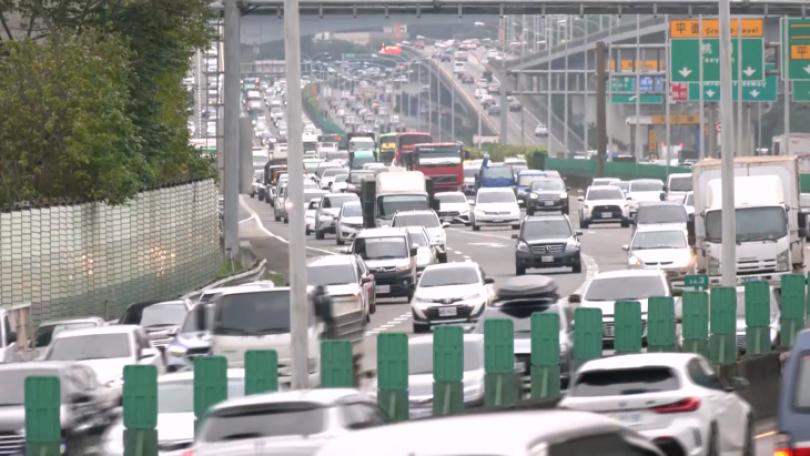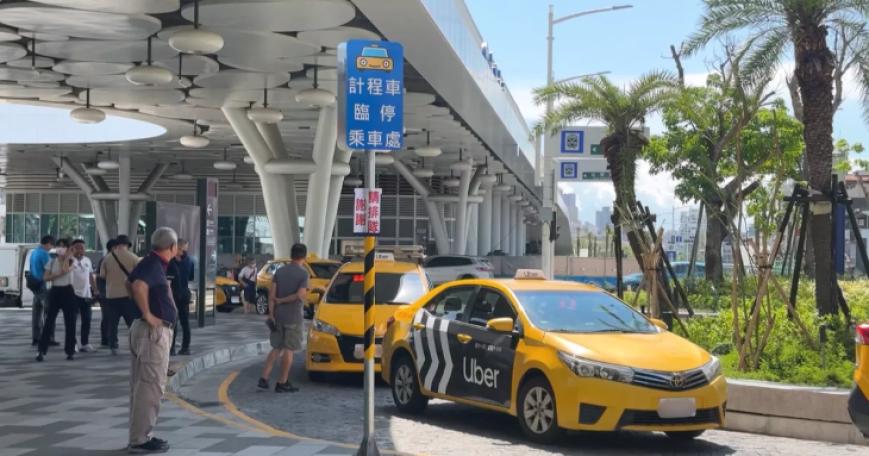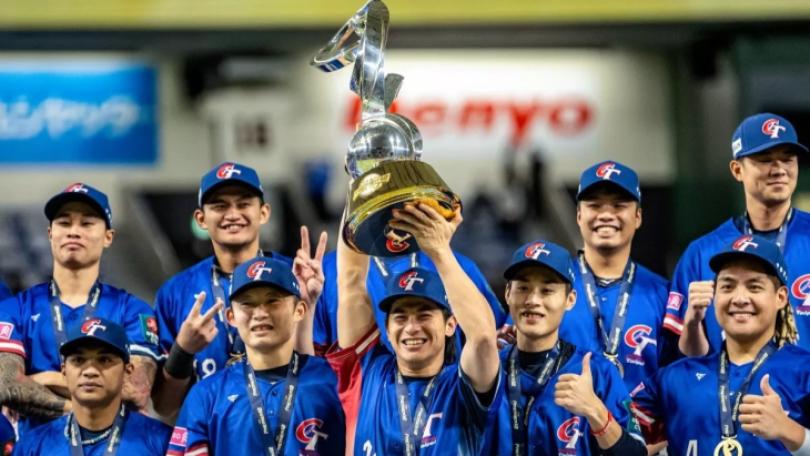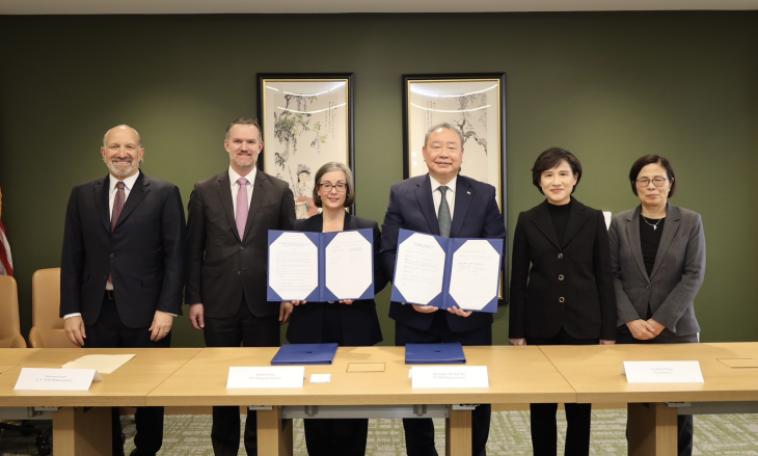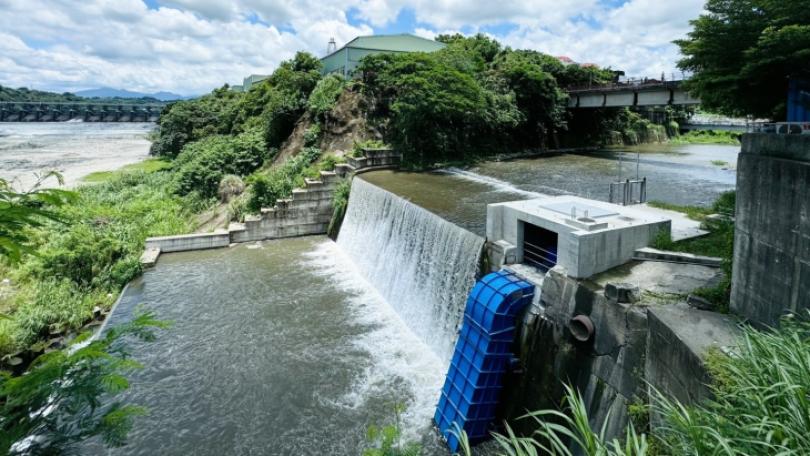Some Companies Will Not Submit More Documents to China 中方禁部分台灣食品進口 「佳德」放棄補件
China recently banned the imports of snacks, drinks, and aquatic products from Taiwan. Chia Te Bakery, which is known for its pineapple pastries, has decided not to pursue the Chinese market any further and will focus on its domestic operations.
China recently banned the imports of 2,400 aquatic products, processed food, and drinks from Taiwan after companies failed to provide complete registration information. There are reports that the proportion of companies that registered themselves and were approved was higher than those that did it with the assistance of the Food and Drug Administration. In response, Minister of Health and Welfare Hsueh Jui-yuan said which product needs to be recommended by MOHW or self-registration is decided by China.
Hsueh Jui-yuan, Minister of Health and Welfare: “A company will go through the FDA for the self-registration part. But the FDA only passes on the documents and does not review them. If a company needs the FDA recommendation, then we must help review their application.”
According to the FDA's statistics, as of 8 a.m. on the 12th, the number of approved Taiwanese food exports to China displayed on the website of China's General Administration of Customs has increased from 792 on Dec. 10, to 855. However, there are also many manufacturers who are unwilling to submit additional documents. Additional information required has increased from product information, expected places of sales, and targeted customer groups to the number of employees, factory information, and product formula, which are all commercial secrets.
Chang Chiao-ying, Store Manager, ChiaTe Pastry: “We received a notice from the FDA in June, asking us if we needed to submit additional documents. Our business does not do any exports so we are not planning to do any of this.”
Hsueh Jui-yuan, Minister of Health and Welfare: “Some larger-scale businesses have some market awareness of operating in high-risk countries. So some of them have already put in place risk-averse measures. For example, they might pull out or reduce their business from China's market.”
I-Mei Foods' President Kao Chih-ming said that his company has not exported any products to China for several years because of labeling problems.
中國近日以註冊資訊不完整為由,接連暫停國內2400件水產品、加工類食品、飲品等進口,現在卻傳出輸中產品自行註冊通過的比例,比食藥署推薦註冊還要高,對此衛福部長薛瑞元表示,哪些項目是推薦,哪些是自行,都是中國單方面規定。
衛福部長薛瑞元指出:「自行註冊的部分其實是這樣子,他也是通過食藥署這邊送過去,但是食藥署是只有傳送不做審查,推薦(註冊)的部分的話,就必須要幫忙審查他的內容。」
根據食藥署截至12日上午8時的統計,在中國海關總署網頁顯示的台灣食品輸中核准狀態,有效可出口業者已從12月10日的792件增加為855件,但也有不少廠商無意願補件,據了解必繳資料已從販賣商品、預計銷售地、主要客群,但現在被要求補交員工人數、廠房機器長寬高以及產品配方與比例,等於是涉及商業機密。
佳德鳳梨酥店長張教盈說道:「在6月份接到食藥署的通知,要求我們說看說有沒有需要補件這樣子,我們家本來就沒有進出到任何的國家,所以就沒有這個計畫。」
衛福部長薛瑞元表示:「有一些規模的廠商,其實他們對(高風險市場)這點的認知是有的,所以有一些是早都有做一些風險規避的做法,比方說他就放棄,或者是把中國的市場比例縮小。」
事實上除了佳德,義美總經理高志明也表示,因為標示的困擾,義美已經有幾年時間沒有外銷產品到中國大陸了。

